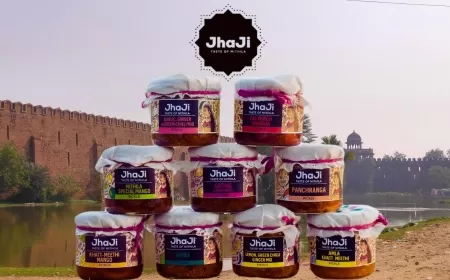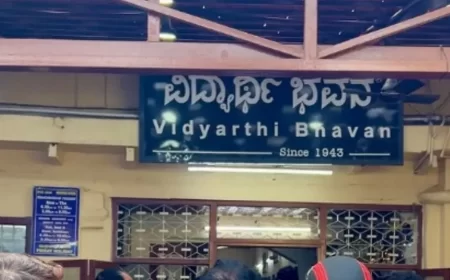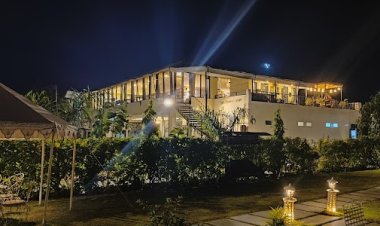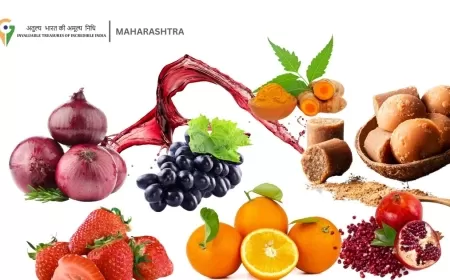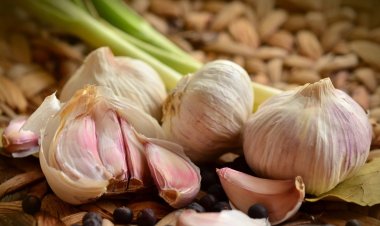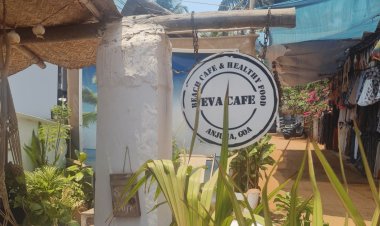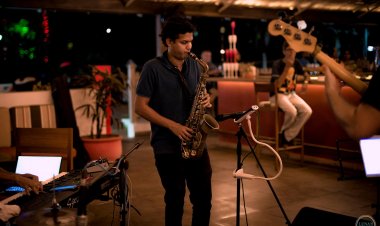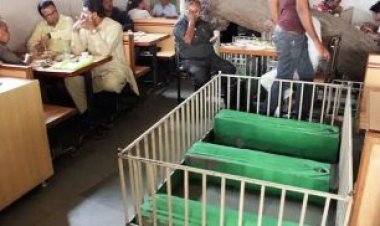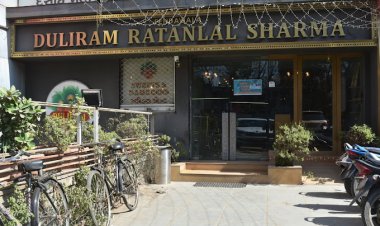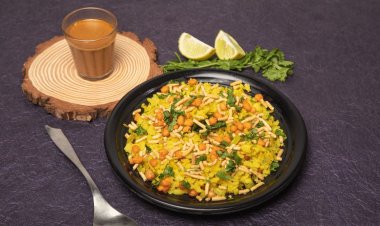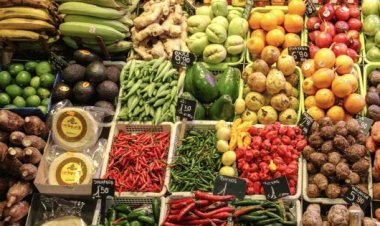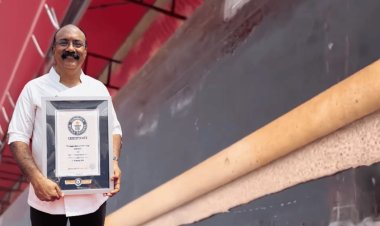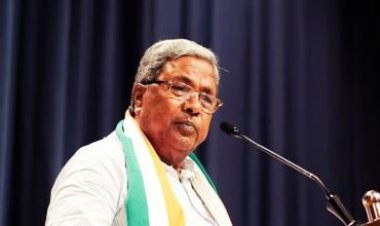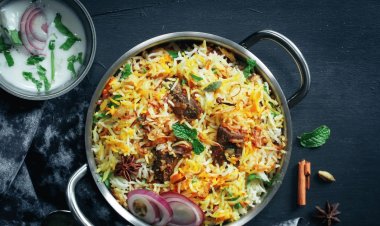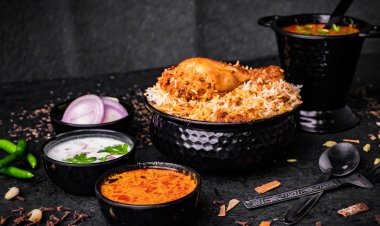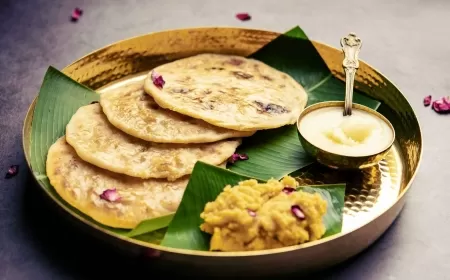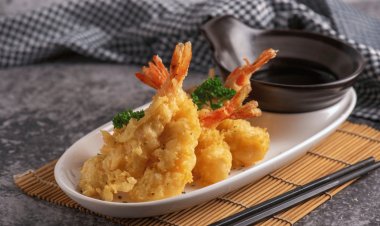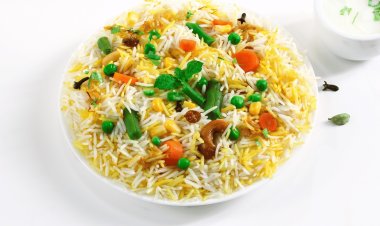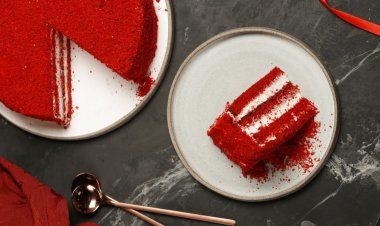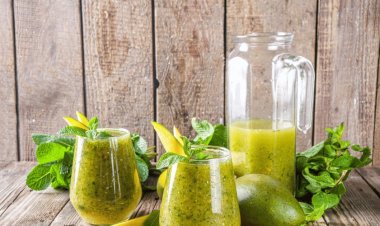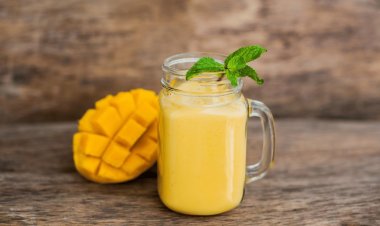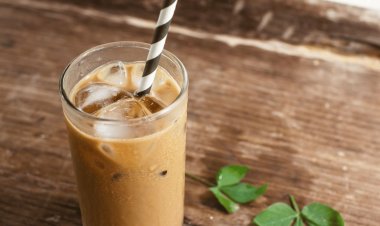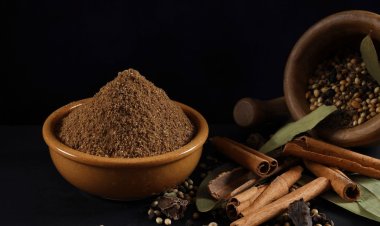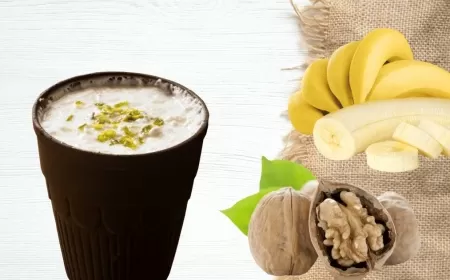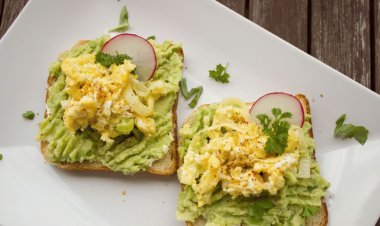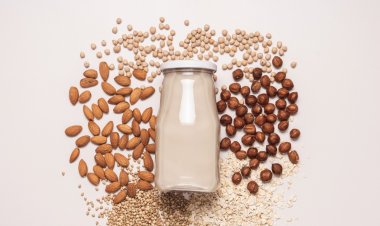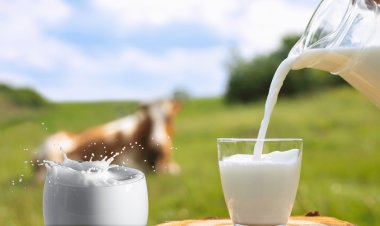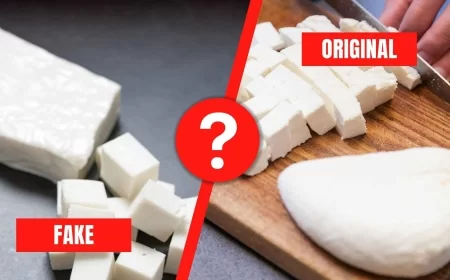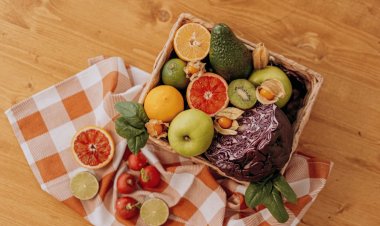Dabur Challenges FSSAI's Ban on "100% Fruit Juice" Claim in Delhi High Court
Dabur challenges FSSAI's ban on the "100% Fruit Juice" claim in the Delhi High Court, arguing that its labeling complies with food regulations. The court has issued a notice to FSSAI, with a detailed hearing set for April 1.

New Delhi, March 26 – Dabur, the maker of the Real fruit juice brand, has moved the Delhi High Court against the Food Safety and Standards Authority of India (FSSAI) over its recent directive banning food business operators (FBOs) from using the claim "100% Fruit Juice" on labels and advertisements for reconstituted fruit juices.
Delhi High Court Issues Notice to FSSAI
On Wednesday, the Delhi High Court, led by Justice Sachin Datta, took up Dabur’s plea and issued a notice to FSSAI. The matter is now scheduled for a detailed hearing on April 1. While the court did not grant an interim relief immediately, Justice Datta assured that the case would be heard in depth on Tuesday.
Why Did FSSAI Ban the "100% Fruit Juice" Claim?
The FSSAI recently directed beverage companies to stop using the term "100% Fruit Juice" on reconstituted fruit juices, arguing that adding water during the reconstitution process makes the claim misleading. According to the regulator, the term may confuse consumers into believing they are purchasing freshly extracted juice when, in reality, the product is made from fruit concentrate with water added back before packaging.
Dabur's Arguments Against the Ban
Dabur has strongly opposed FSSAI’s stance, calling it legally incorrect and based on a misinterpretation of existing food regulations. The company argues that:
Compliance with Regulations – Dabur’s reconstituted juices, including its popular Real Activ range, are made using concentrated fruit juice or pulp, with water added to restore the natural composition of single-strength juice. The company insists that this process follows the Food Safety and Standards (Food Products Standards and Food Additives) Regulations, 2011, and the FSS (Advertising and Claims) Regulations, 2018.
- No Added Sugar or Dilution – Dabur clarifies that no extra sugar is added, and the final product maintains the same fruit juice content as fresh juice. The company claims that using the term "100% Fruit Juice" accurately describes the product and does not mislead consumers.
- Reconstitution is an Accepted Process – The company compared reconstituted fruit juice to reconstituted milk, where water is added to milk powder but the product is still considered equivalent to fresh milk. Dabur asserts that the same principle applies to fruit juice, making the FSSAI’s directive inconsistent.
- Market Disruptions – Dabur stated that the FSSAI’s directive caused confusion in the market, leading to a temporary halt in product procurement by trade partners. The company mentioned that while it is modifying its labels under protest, it continues to push for a revision of the regulation.
Next Steps in the Case
Dabur has been seeking clarifications and extensions from FSSAI, but the regulator has directed all companies to implement the label changes by March 31, 2025. While the Delhi High Court has not provided interim relief, the company remains hopeful for a favorable decision when the case is heard in detail next week.
Legal Representation
Dabur is being represented by Senior Advocate Sandeep Sethi, along with Advocates Jawahar Lal and Meghna Kumar from J-Law Offices.
What's Your Reaction?
 Like
0
Like
0
 Dislike
0
Dislike
0
 Love
0
Love
0
 Funny
0
Funny
0
 Angry
0
Angry
0
 Sad
0
Sad
0
 Wow
0
Wow
0














